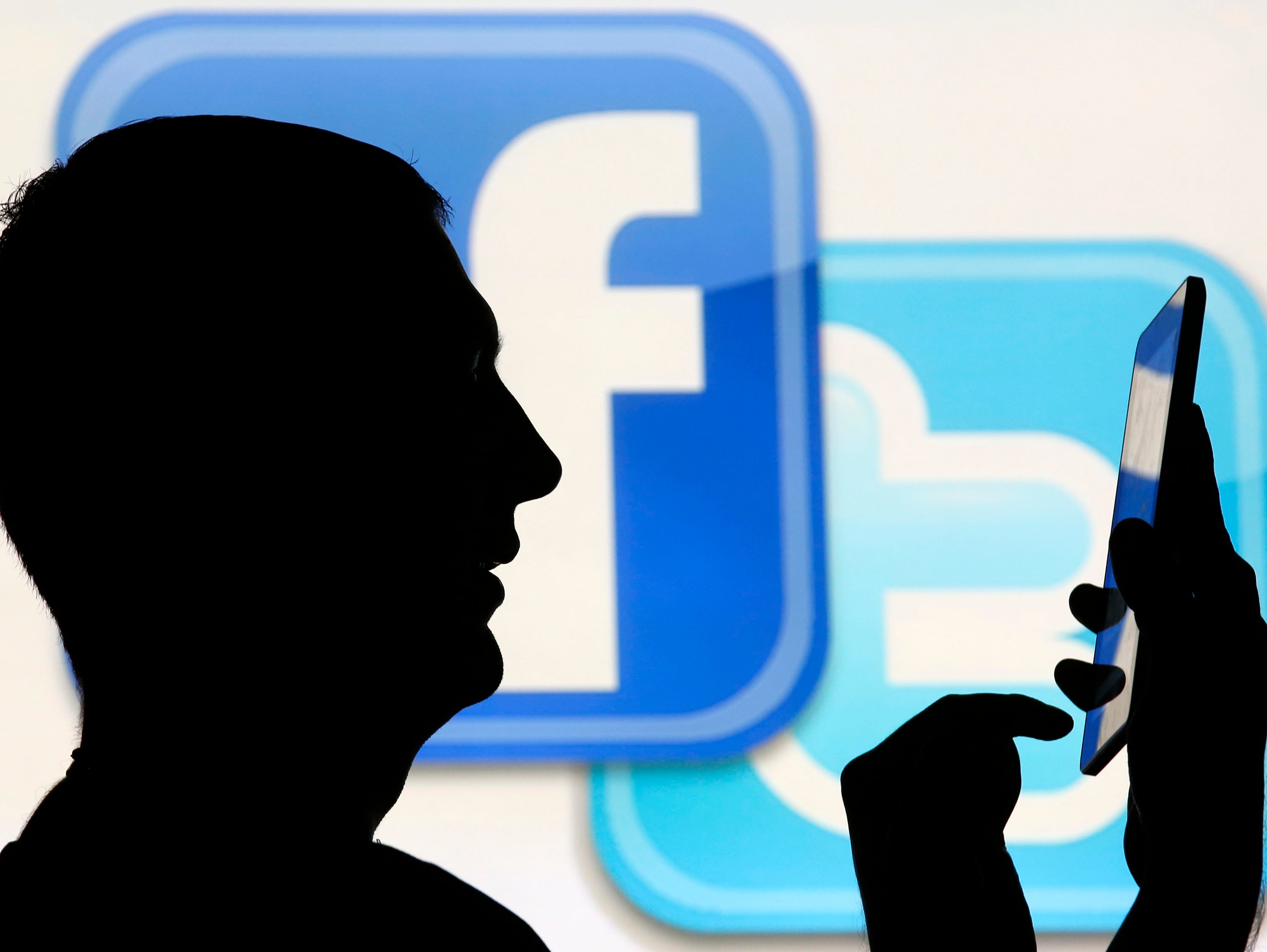
Facebook has reported the BBC to the police after journalists confronted it with sexualised images of children which were found on the social network.
The BBC said it used Facebook’s “report button” to flag up 100 photos on the website but 82 were not removed, with an automated response saying they did not breach “community standards”.
The images included under-16s in sexualised poses, pages aimed at paedophiles and an image apparently taken from a child abuse video.
The BBC says that when it provided examples of the images to Facebook the social media giant cancelled a planned interview and reported its journalists to the National Crime Agency.
Facebook’s UK policy director Simon Milner said: “We have carefully reviewed the content referred to us and have now removed all items that were illegal or against our standards.
“This content is no longer on our platform. We take this matter extremely seriously and we continue to improve our reporting and take-down measures.
“Facebook has been recognised as one of the best platforms on the internet for child safety.
“It is against the law for anyone to distribute images of child exploitation. When the BBC sent us such images we followed our industry’s standard practice and reported them to CEOP [Child Exploitation and Online Protectio Centre, part of the National Crime Agency][.
“We also reported the child exploitation images that had been shared on our own platform. This matter is now in the hands of the authorities.”
The BBC’s director of editorial policy, David Jordan, said: “The fact that Facebook sent images that had been sent to them, that appear on their site, for their response about how Facebook deals with inappropriate images…the fact that they sent those on to the police seemed to me to be extraordinary.
“One can only assume that the Facebook executives were unwilling or certainly reluctant to engage in an interview or a debate about why these images are available on the Facebook site.”
A BBC spokesperson said: “In 2016 a BBC investigation found that paedophiles were using secret groups on Facebook to post and swap sexually suggestive images of children which led to one man receiving a four-year prison sentence.
“One year later in this follow-up investigation we found similar images still on the site, which we reported using Facebook’s own moderation procedures. Some of the images were then removed, but the majority remained on the site.
“When the BBC approached Facebook with its findings, Facebook agreed to an interview on the condition the BBC provided examples of the remaining material which had been deemed acceptable by Facebook’s own moderation procedure. The BBC provided that evidence to Facebook.”
Email pged@pressgazette.co.uk to point out mistakes, provide story tips or send in a letter for publication on our "Letters Page" blog

